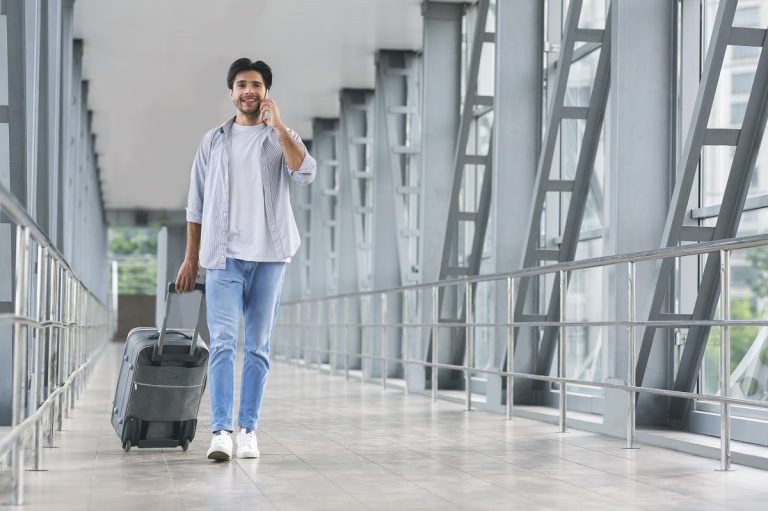A dependent visa in Australia allows family members of eligible visa holders to accompany them and reside in Australia for the duration of their visa status. This visa category facilitates family reunification and enables individuals to maintain stable family relationships while living and working or studying in Australia.

Eligible Visa Categories:
Sponsorship Requirement:
Relationship Criteria:
Financial Support:
Health and Character Requirements:
Application Process:
Work and Study Rights:
Duration of Stay:
The eligibility criteria for a dependent visa in Australia vary depending on the type of visa you are applying for. Here’s a general overview:
Relationship: To be eligible as a dependent, you must have a qualifying relationship with the primary visa holder. This could include being the spouse or de facto partner, or a dependent child (under a certain age) of an Australian citizen, permanent resident, or eligible New Zealand citizen.
Age: Dependent children must meet the age requirements specified by the visa subclass. Generally, children must be under 18 years of age, or between 18 and 23 years of age and financially dependent on the primary visa holder.
Financial Dependency: Dependent children over a certain age (usually 18) must demonstrate financial dependency on the primary visa holder to be eligible.
Health: All applicants for a dependent visa in Australia must meet certain health requirements. This may involve undergoing a medical examination, particularly if you intend to stay in Australia for more than 12 months.
Character: Applicants must meet certain character requirements, which typically involve providing police clearance certificates from countries where they have lived for a certain period of time.
Sponsorship: The primary visa holder may need to sponsor the dependent’s visa application. This sponsorship usually involves providing financial support and assurance of care for the dependent during their stay in Australia.
Visa Conditions: Dependent visa holders must agree to comply with the conditions of their visa, which may include restrictions on working or studying in Australia.
Application Process: The application process for a dependent visa in Australia typically involves completing the relevant visa application form, providing supporting documents, undergoing health and character assessments, and paying the applicable visa fees.
The application process for a dependent visa in Australia typically involves the following steps:
Determine Eligibility: Ensure that you meet the eligibility criteria for the specific subclass of visa you are applying for as a dependent. This includes factors such as your relationship to the primary visa holder, age, financial dependency (if applicable), health, and character.
Select the Correct Visa Subclass: Identify the appropriate subclass of visa for your situation. Dependent visas in Australia can vary depending on factors such as the type of primary visa held by the sponsor (e.g., Partner Visa, Child Visa, etc.).
Gather Required Documents: Collect all necessary documents to support your visa application. These may include:
Complete the Application Form: Fill out the visa application form accurately and completely. This can usually be done online through the Department of Home Affairs website or by completing a paper application form.
Submit the Application: Lodge your visa application along with all supporting documents through the appropriate channels. This may involve submitting your application online, by mail, or in person at an Australian Visa Application Centre (AVAC) or embassy/consulate.
Pay the Visa Application Fee: Pay the applicable visa application fee. The fee amount will depend on the subclass of visa you are applying for and can be paid online or through other accepted payment methods.
Biometrics Collection (if required): Depending on your country of residence and the visa subclass you are applying for, you may need to provide biometric information (such as fingerprints and a photograph) at a designated collection center.
Wait for Processing: Wait for your visa application to be processed. Processing times can vary depending on factors such as the volume of applications received and the complexity of your case.
Provide Additional Information (if requested): If requested by the Department of Home Affairs, provide any additional information or documentation to support your application.
Receive a Decision: Once your visa application has been processed, you will receive a decision on your application. This may be communicated to you electronically or through mail.
Collect Visa (if approved): If your visa application is approved, you will be issued a visa grant notice. Follow the instructions provided to collect your visa, which may involve visiting an AVAC or embassy/consulate in person.
Travel to Australia: Once you have been granted a visa, you can make arrangements to travel to Australia within the validity period of your visa.
Explore Overseas, manpower recruiting agency licensed approved by the MINISTRY OF EXTERNAL AFFAIRS GOVERNMENT OF INDIA
Copyright © 2024. All rights reserved. Design By Technomantra India / Technomantra Global / Technomantra us / Technomantra Canada / Technomantra local / Technomantra Australia
To Register with Explore Ovrseas for thousands of overseas jobs, please fill the below form.